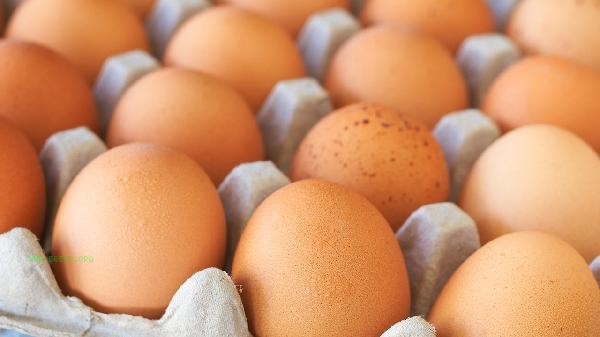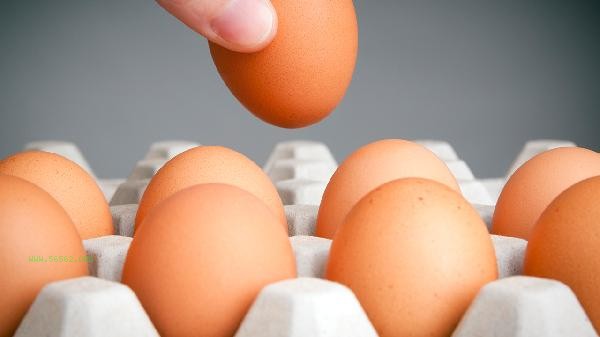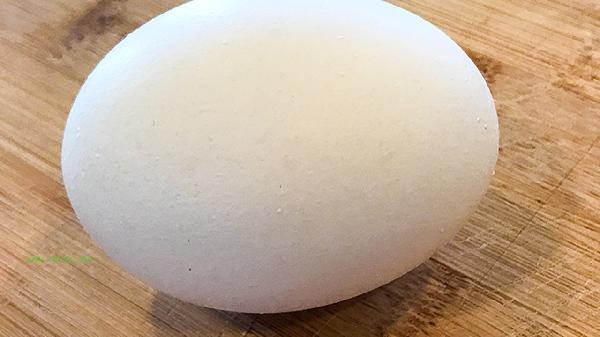It is recommended that healthy adults consume no more than 3 eggs per day during weight loss. The intake of eggs is mainly related to factors such as cholesterol metabolism ability, exercise intensity, protein requirements, cooking methods, and other dietary combinations.

1. Cholesterol metabolism:
Healthy individuals should control their daily cholesterol intake within 300 milligrams, with one egg yolk containing approximately 186 milligrams of cholesterol. For those at risk of hypercholesterolemia or cardiovascular disease, it is recommended to consume no more than one egg yolk per day or adjust the intake according to medical advice.
2. Exercise consumption:
High intensity exercise can be appropriately increased to 4 proteins, and supplementing protein within 30 minutes after exercise can promote muscle repair. Strength trainers need 1.4-2 grams of protein per kilogram of body weight per day, while individuals weighing 60 kilograms need about 3-4 whole eggs to supplement protein through eggs.
3. Protein allocation:

During weight loss, it is recommended that daily protein intake accounts for 20% -30% of total calories. In addition to eggs, high-quality protein such as chicken breast and fish should be paired. Consuming 20-30 grams of protein per meal is more conducive to maintaining satiety, equivalent to 2 eggs paired with 100 grams of chicken breast.
4. Cooking effects:
The digestion and absorption rate of boiled and steamed eggs can reach over 90%, while fried eggs will increase their calorie intake by 30% due to oil. Adding shrimp or vegetables when making egg custard can control calories and increase nutrient density.
5. Dietary balance:
Long term consumption of eggs alone may lead to deficiencies in vitamin C and dietary fiber. It is recommended to pair with vegetables rich in dietary fiber such as broccoli and spinach, as well as low sugar fruits such as kiwifruit to ensure a balanced nutrition.

During weight loss, it is recommended to use eggs as a high-quality source of protein for breakfast, preferably paired with whole wheat bread and vegetable salad. The lecithin in egg yolks can promote fat metabolism, but attention should be paid to the intake of egg yolks. Protein supplementation can be chosen after exercise to avoid additional fat intake. Individuals with chronic metabolic diseases should consult a nutritionist to develop personalized plans and regularly monitor blood lipid indicators. Reasonable combination of dietary fiber and complex carbohydrates intake can ensure nutritional balance and prolong satiety time.




Comments (0)
Leave a Comment
No comments yet
Be the first to share your thoughts!